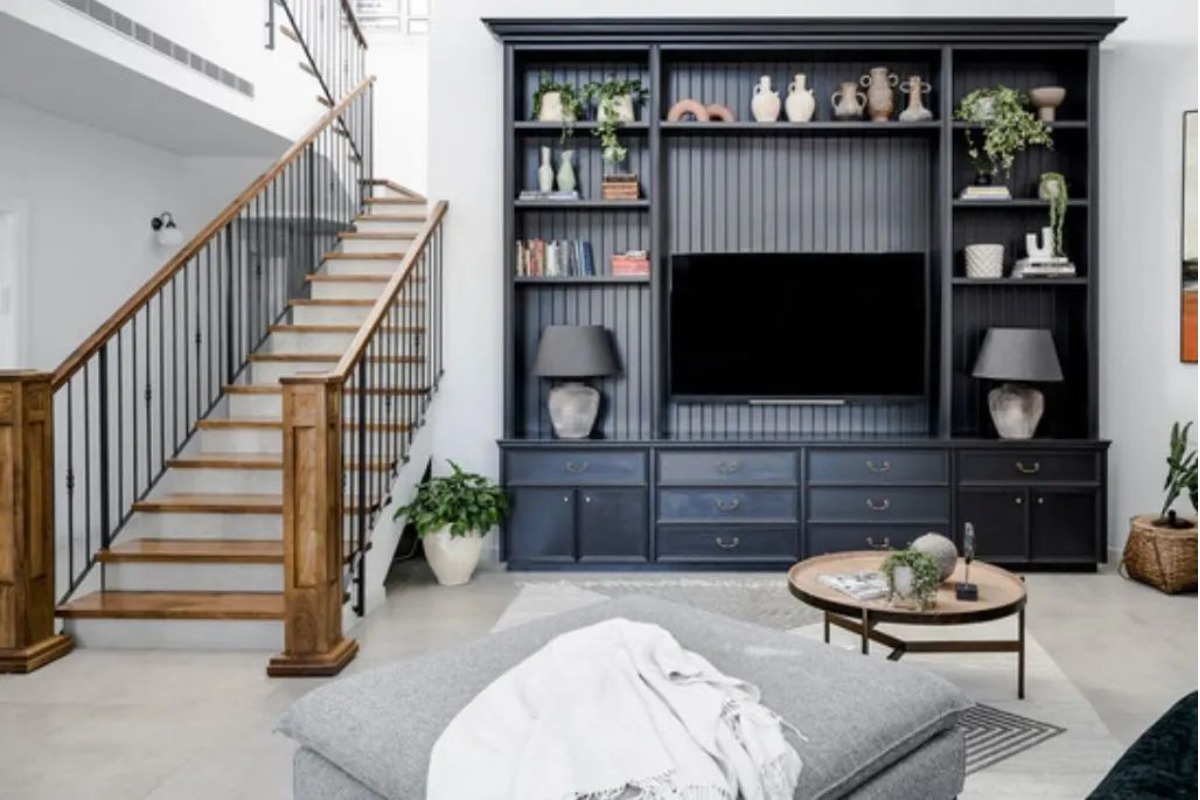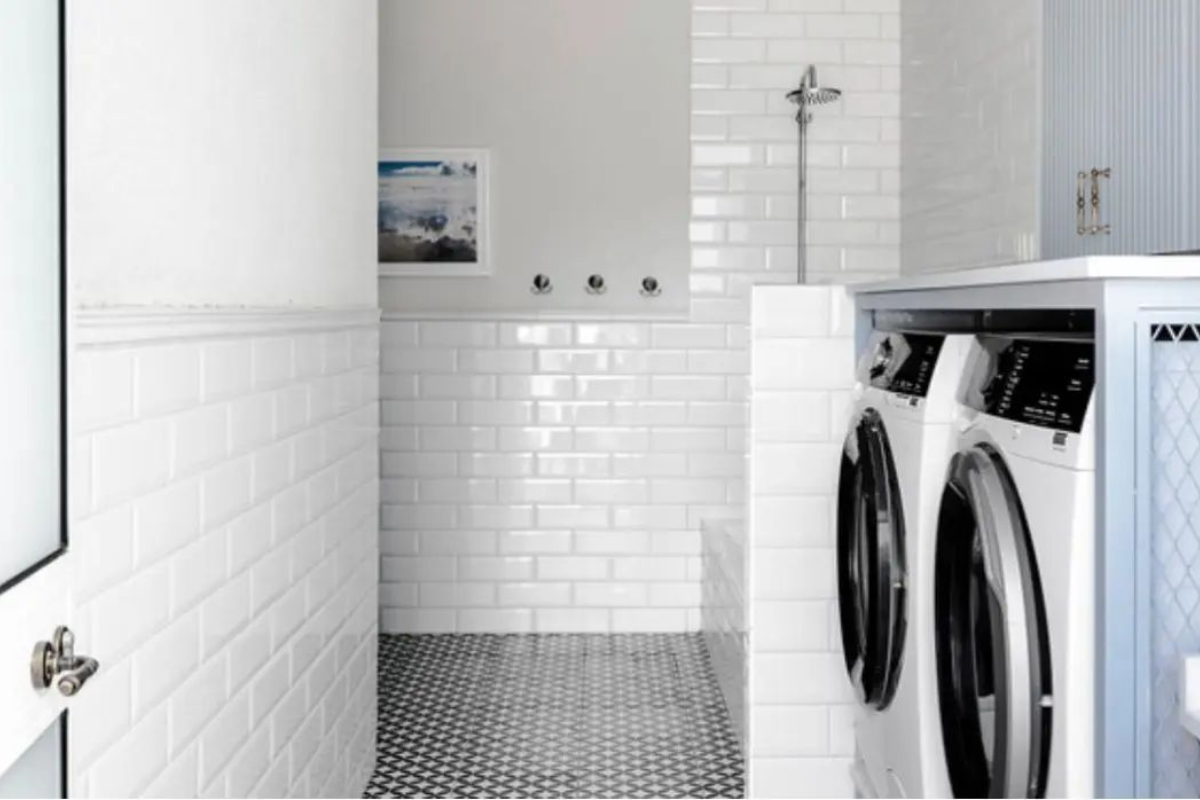Smart home technology refers to the integration of various internet-connected devices and appliances in a home to enable automation and remote control. These devices can be controlled through a central hub or a smartphone app, allowing homeowners to easily manage and monitor their home from anywhere.
One of the main benefits of smart home technology is improved convenience. For example, smart thermostats can automatically adjust the temperature of a home based on the homeowner’s schedule, preferences, and the weather. Smart lighting systems can also be programmed to turn on and off at specific times, or to adjust the brightness and color of the lights based on the time of day. These features can help save energy and reduce utility bills.
Smart home technology can also improve the overall security of a home. Smart security systems, such as door and window sensors, can alert homeowners to any suspicious activity and can be connected to cameras that can be accessed remotely. This can provide peace of mind for homeowners who are away from home for extended periods of time.
Another benefit of smart home technology is that it can enhance the overall aesthetics of a home. Smart lighting systems can create a variety of moods and ambiances in a home, while smart speakers and sound systems can provide high-quality audio throughout the home. Smart mirrors and displays can also be used to add a touch of elegance and modernity to a home.
In addition, smart home technology can also improve the functionality of a home. Smart appliances, such as refrigerators, ovens, and washing machines, can be controlled and monitored remotely. This can help homeowners to better manage their household tasks, and can also help to save time and energy.

Overall, smart home technology can greatly improve the overall functionality and convenience of a home. By enabling automation, remote control, and improved security, smart home technology can help homeowners to enjoy a more comfortable and efficient living space. It can also enhance the overall aesthetics and functionality of a home, making it a more enjoyable and livable space.
However, it’s also important to consider the potential drawbacks of smart home technology. For example, if a smart home system relies on a central hub, the system may not work if the hub goes offline. Additionally, if the system is controlled through a smartphone app, the system may not work if the homeowner’s phone is lost or stolen. Moreover, the cost of installation and maintenance of smart home technology can be significant, which may not be suitable for all homeowners.
In conclusion, smart home technology can greatly improve the overall functionality and convenience of a home, and can also enhance the overall aesthetics and security of a home. However, it’s important to weigh the potential drawbacks before making a decision to implement smart home technology. It’s always good to consult with experts or do proper research before making any investment on smart home technology.

